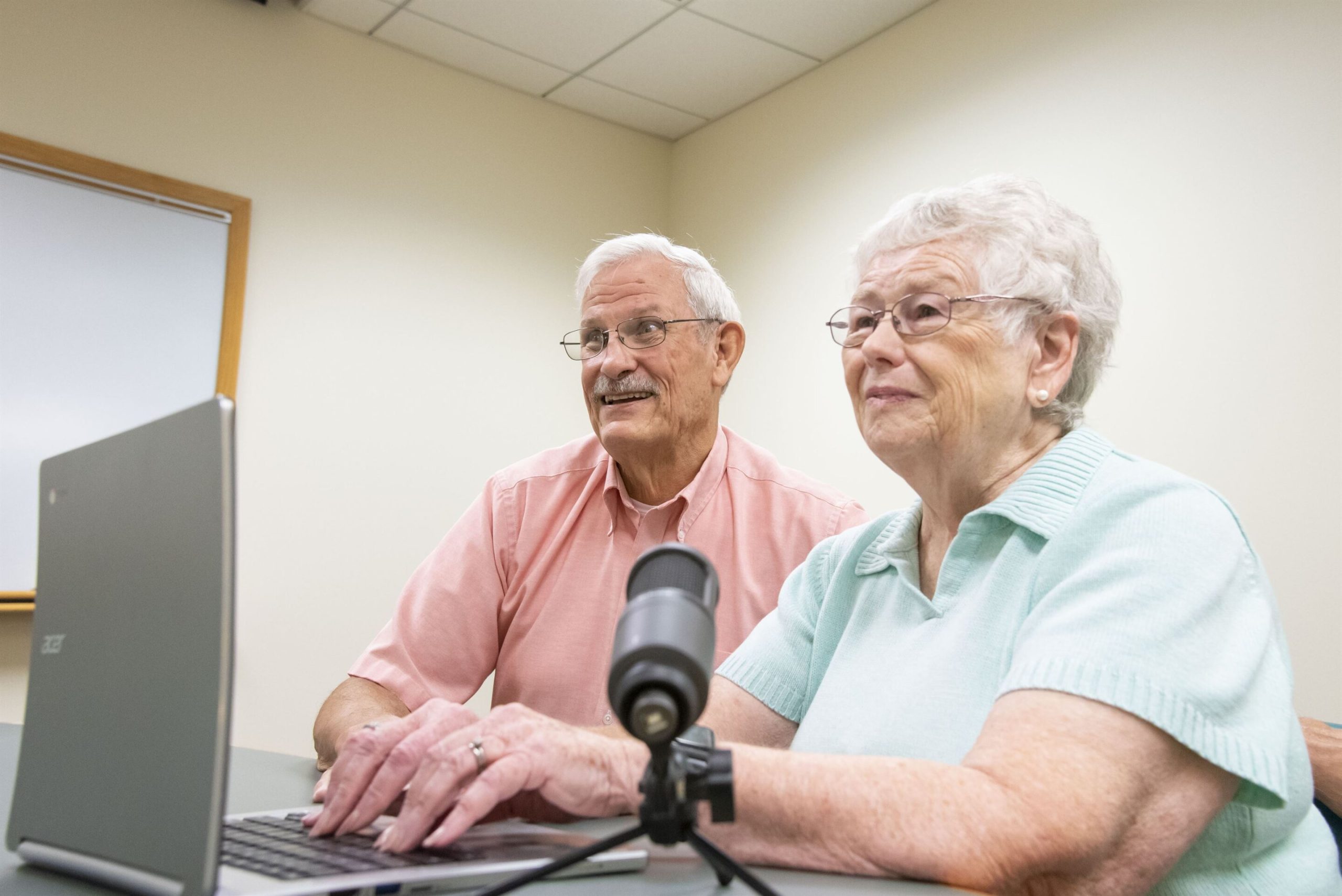The Finnish epilepsy care pathway has been published in Epilepsia Open. This Finnish model for epilepsy care provides a streamlined, multidisciplinary approach to the diagnosis and treatment of epilepsy, and combines modern digital tools, data sharing and peer support. The Finnish epilepsy care pathway can serve to model how integrated healthcare systems can effectively manage complex conditions.
“The Finnish model could serve as a template for other healthcare systems looking for a benchmark to improve their epilepsy care,” says Professor Reetta Kälviäinen of the University of Eastern Finland, who chaired the national work group.
Integrated care pathways are essential for consistent, effective epilepsy care, offering equal access and quality regardless of socioeconomic status. They must align with the WHO Global Action Plan on Epilepsy and other Neurological Diseases, ensuring best practices and cost-effective management. The Finnish national epilepsy care pathway includes multiple levels of care, from initial diagnosis to long-term care for all types of epilepsy, with a specific focus on rare and complex cases integrated with the European Reference Network (ERN) for Rare and Complex Epilepsies, ERN EpiCARE.
In 2017, the Finnish government nominated Kuopio University Hospital to coordinate diagnostics and care for severe epilepsy in Finland. A national multidisciplinary consensus panel, including specialists from both adult and paediatric neurology departments across all five Finnish university hospitals, as well as patient representatives from the Finnish Epilepsy Association, was established. The resulting pathway was adopted into the Finnish evidence-based current care guidelines for epilepsy.
The Finnish epilepsy care pathway focuses on timely referrals, continuity of care and enhanced communication between healthcare providers at different levels of care. Patient involvement is assured with an individualised digital application offering secure online messaging, a seizure calendar and remote visits. The pathway enhances virtual consultations and includes regular national diagnostic multidisciplinary meetings for severe epilepsies before selected cases are consulted in ERN EpiCARE meetings.


